As the economic locomotive of the country, Ho Chi Minh City has always been at the forefront of implementing progressive social security policies, so that no one is left behind. After the merger, Ho Chi Minh City quickly identified its responsibility to increase the rate of participation in social insurance (SI) and health insurance (HI) for each population group, regardless of whether they are in the inner city, suburbs, or remote areas, so that everyone can enjoy the same policies.
The city is still maintaining specific social insurance and health insurance support policies, such as health insurance support for students, the elderly, security forces, etc. However, without a common policy framework, there will still be differences in the level of application between areas in the same city. Therefore, the city is urgently completing the draft Resolution related to social insurance to be applied uniformly throughout the area, in the direction of distilling the best policies from the three previous provinces and cities.
A prominent proposal is that people aged 60 to under 75 who are not pensioners or state-sponsored; poor households, near-poor households, disadvantaged students, orphans, people with mild disabilities, people whose unemployment benefits have expired but are still unemployed after 3 months... will be supported to buy health insurance cards or participate in voluntary social insurance. If approved, this humane policy will help more than 2.8 million people benefit, with an estimated cost of about 1,600 billion VND/year.
However, there are still many cases that are easily "slipped through the net" of social security, most vulnerable to health incidents or job loss. These are single women with young children who are not from poor or near-poor households; freelance workers such as motorbike taxi drivers, street vendors, housekeepers, seasonal workers; students in difficult circumstances but do not meet the criteria for poverty; single people outside the age standard; fishermen, farmers in island and remote areas...
Therefore, proactively designing policies that cover the most disadvantaged and vulnerable groups will help all people participate in a meaningful social security network. Ho Chi Minh City is implementing the 2024 Social Insurance Law and the Law amending and supplementing a number of articles of the Health Insurance Law (effective from July 1, 2025) with many new regulations.
This is also considered an important time to perfect the social insurance system in 168 wards, communes, and special zones. In the megacity with about 14 million people, in the first 5 months of 2025, the Social Insurance of Region XXVII (including Ho Chi Minh City, Binh Duong and Ba Ria - Vung Tau before) paid more than 9,000 billion VND to about 1.2 million beneficiaries of sickness, maternity, convalescence, one-time social insurance benefits, accident insurance, retirement, death benefits, etc.
At the same time, the Health Insurance Fund paid nearly VND12,000 billion for more than 13 million medical examinations and treatments using health insurance cards. These figures demonstrate the essential role of social insurance and health insurance policies, as well as the great financial pressure on the social security system in the future. In order to encourage people to participate in voluntary social insurance, some experts proposed that Ho Chi Minh City consider supporting 50% of the health insurance premium for employees who are confirmed to work 3-6 months in a year; supporting 70%-100% for those who work 6 months or more. Along with that, voluntary social insurance participants are supported by the state with the highest level of up to 50% of the voluntary social insurance premium, helping them to soon meet the conditions for retirement, pension and health insurance. This is a necessary solution, helping to reduce the burden of social security in the future.
However, in the context of rapid population aging, comprehensive and long-term social security care is a significant pressure for the city. Experience over the years has shown that community strength from social organizations, businesses, and unions is an important pillar to help expand a sustainable social security network.
From the price stabilization supermarket model, mobile medical stations, scholarships for disadvantaged children to support programs for the disabled, lonely elderly people... have shown positive effects if there is synchronous coordination. In the new context of a megacity, this network should be organized professionally, with a mechanism to record, honor and encourage contributions to social security work. Technology is also used as a powerful arm to shorten processing time and reduce administrative procedures for those in need of support.
Ho Chi Minh City is making efforts to accelerate and synchronize social security policies to ensure the rights of all people. This is a testament to the humane development model, following the guidance of General Secretary To Lam: Prosperity is not only economic growth, but also the ability to create a safer, fairer and happier society for all people, leaving no one behind!
Source: https://www.sggp.org.vn/som-dong-bo-cac-chinh-sach-an-sinh-xa-hoi-post806729.html








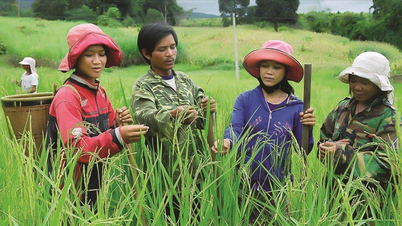



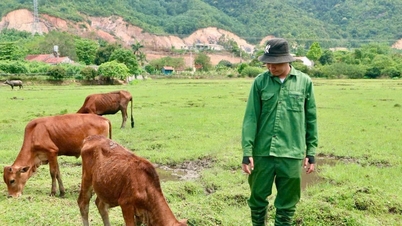

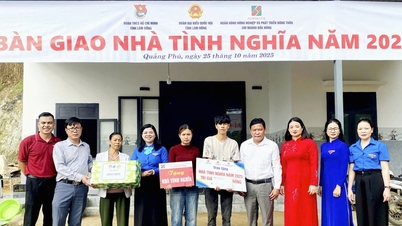

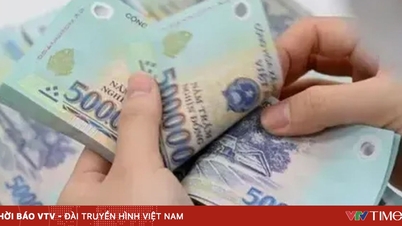




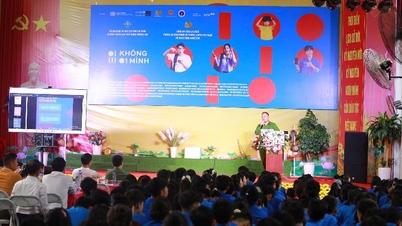

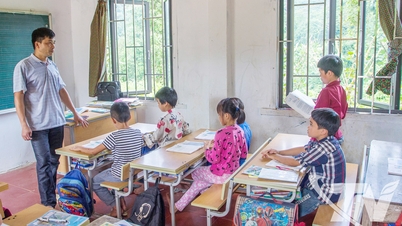



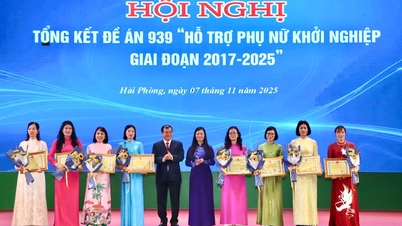









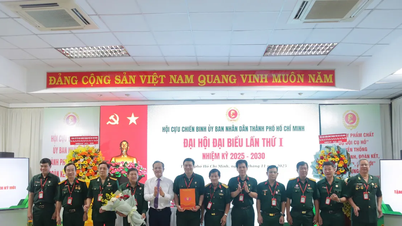






![[Video] Hue Monuments reopen to welcome visitors](https://vphoto.vietnam.vn/thumb/402x226/vietnam/resource/IMAGE/2025/11/05/1762301089171_dung01-05-43-09still013-jpg.webp)
















































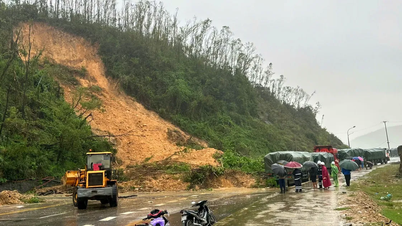

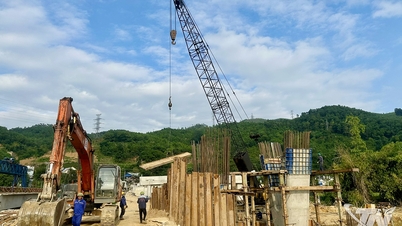




















Comment (0)